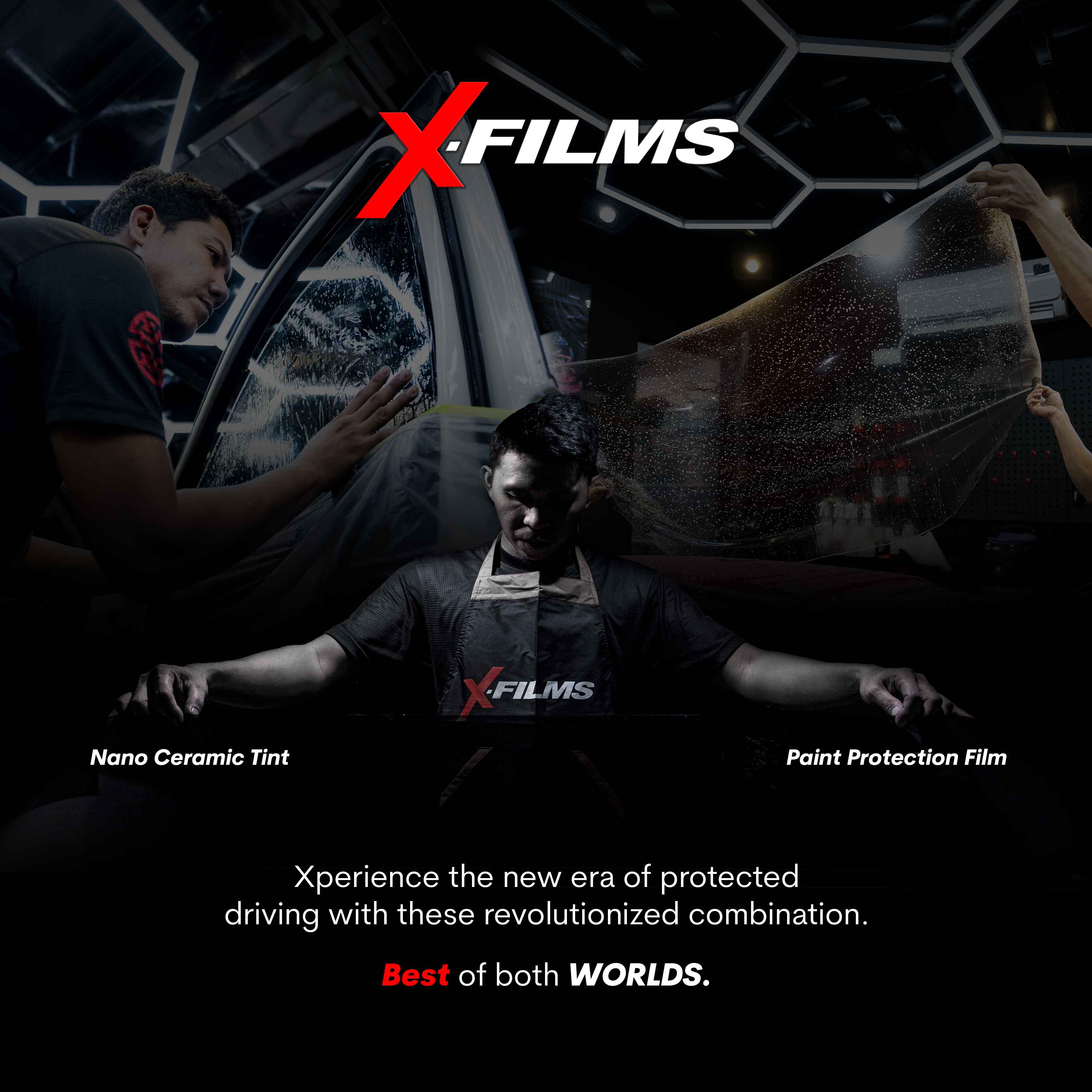Don’t be surprised if you happen to see ZüM electric trikes in Palo, Leyte’s Barangay Candahug should you venture out to visit the place.
EMOTORS, Inc., the BOI-MVDP registered local manufacturer and assembler of ZüM electric 3-wheelers (e-trikes) recently delivered a fleet of its ZüM e-trikes to the typhoon Yolanda-hit area in Palo, Leyte. EMotors was chosen by foreign donors as the e-trike supplier of choice to support the transport livelihood requirements of the area.
In partnership with Don Bosco DIRECT, the ZüM electric trikes were turned-over to a Multi-Purpose Cooperative whose members consist of farmers and fisherfolk.
Barangay Candahug is a fishing and farming community with a population of less than two thousand. It is the first barangay after the boundary of Tacloban City, one that was the worst hit out of the six coastal towns of Palo, Leyte.
Based on the UN ISDR* framework essentials for making disaster stricken cities resilient, the needs of the affected population must be placed in the center of reconstruction with the rebuilding of homes and the restoration of livelihood.
Livelihood Restoration
“Since the devastating typhoon struck last November 2013, ongoing restoration and rebuilding continues but the equally important component of livelihood restoration is yet to be fully met,” says Elizabeth H. Lee, President of the social enterprise, EMotors.
“The ZüM e-trikes used as a means of livelihood in Candahug sends a strong message of encouragement and hope to earnest Filipinos who are now struggling to find their place given the devastating circumstances the catastrophic storm left behind,” she adds.
The new owners of the e-trikes-- the drivers and operators were given training on the usage and simple maintenance of their electric vehicles. Their ZüM EVs will be used as transport livelihood, helping feed their own families while at the same time, serving their community’s transport needs.
Ray of Hope
Typhoon Yolanda ( Haiyan) nearly flattened the whole town, sweeping away with it homes and vehicles- majority of which are tricycles, one of the sources of livelihood in the area.
“There is still much to be done,” says Mr. Vic Gocela, Deputy Coordinator for Don Bosco DIRECT. “ The arrival of the e-trikes may seem to be one small step for the drivers, but it symbolizes one BIG step for the whole community. It gives inspiration and a ray of hope for many of our fellow Filipinos here, ” he adds.
Clean Slate
The use of clean, green, zero-emission ZüM electric trikes as a means of livelihood
provides an opportunity for the community to start from “clean slate”.
The main mode of transportation used in the provinces is the gas-fed tricycle. Unfortunately, it is a pollutant (both air and noise) and is a great contributor to the daily increase in carbon emissions, the main cause of climate change. It is however, a common source of livelihood for many poor Filipinos, most notably in the provinces where lack of infrastructure and affordable transportation is prevalent.
Using the ZüM e-trikes allows the drivers/owners to do three things: (1) It allows for the drivers to feed their families and earn a decent living with a higher income above and beyond what they could earn using a gas-fed tricycle; (2) Provide the much needed transportation in the area; and (3) Help address the global issue of Climate Change Mitigation in the process, by lessening their carbon footprint.
Brighter Future to Come
The ZüM e-trike drivers and operator as well as the community at large stand to reap the benefits of using the e-trikes in the area. The shift in mindset from using gas-fed tricycles to electric trikes is a good one, strengthened by favorable support and openness by government officials who recognize the importance of livelihood creation and environmental protection, both of which can be achieved with e-trikes as part of the overall rehabilitation plan.
“We are privileged to be part of Palo’s future as we mark another milestone in our goal to serve the needs of Filipinos for an affordable, low maintenance, innovative and easy to use vehicle, one that helps increase one’s income while at the same time, help clean our air,” says Ms. Lee.
The integration of climate change together with livelihood programs in policy formulation and development plans for the area will bring about a brighter future not only for the people of Palo, Leyte, but for other municipalities, serving as a benchmark for others to follow.
*UN ISDR: United Nations International Strategy for Disaster Reduction

